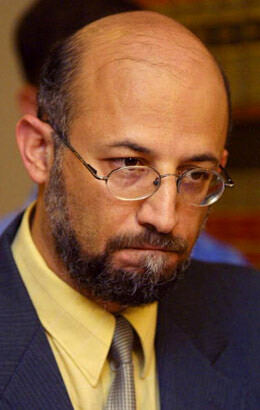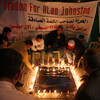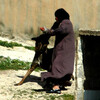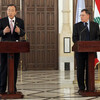
Torture: Read it in the Israeli press
4 April 2007
Thanks to the Israeli press, people in Israel are informed regularly about their government’s mistreatment of the 4.5 million Palestinians under their rule. Most of the information regarding the occupation of Palestine and the oppression of its people is well documented and accurately reported in the Israeli press. But even the most serious offenses are given a “kosher” stamp, so to speak, once the word “security” is attached to them. There are ample examples of this, but few are as striking as the one provided in the March 23rd issue of the Israeli daily Yediot Aharonot. Read more about Torture: Read it in the Israeli press








